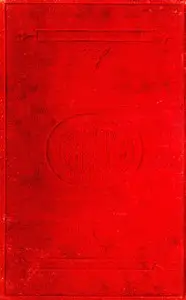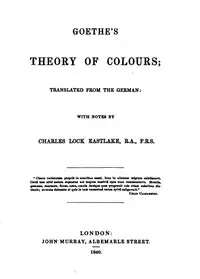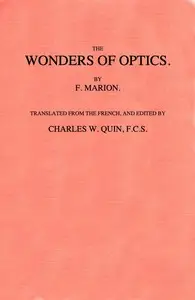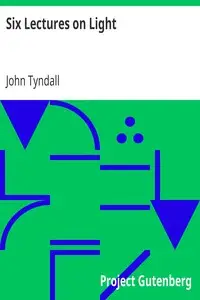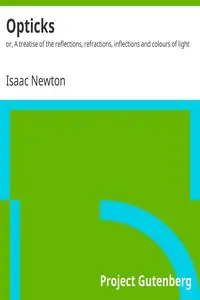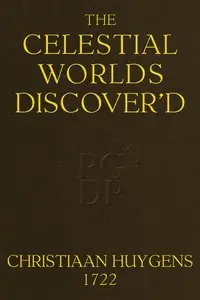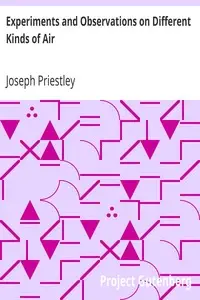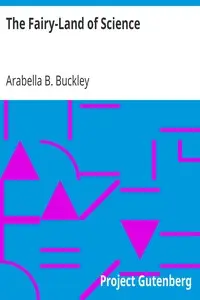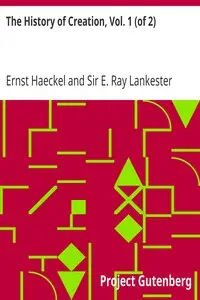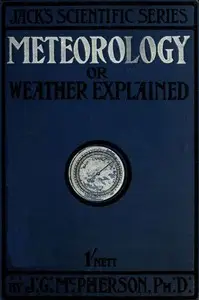"Treatise on Light" by Christiaan Huygens is a scientific exploration from the 1600's that focuses on light's qualities, like how it bounces off things and bends when it moves through different materials, with special attention to the strange effects seen in Iceland crystal. Huygens uses math and experiments to try to explain how light acts, sharing his findings with the Royal Academy of Science in France. He starts by talking about why he wrote the book, pointing out that his ideas come from both careful thinking and what he saw in experiments, aiming to correct misunderstandings about how light travels. He thinks of light as movement in a special substance, questions earlier explanations, and gets ready to the basic rules of light's straight path, reflection, and refraction, leading to a deeper look at the one-of-a-kind things about Iceland crystal and also showing that science is about finding real explanations for natural occurrences.
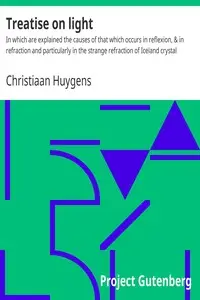
Treatise on light : $b In which are explained the causes of that which occurs in reflexion, & in refraction and particularly in the strange refraction of Iceland crystal
By Christiaan Huygens
Embark on a journey to understand how light reflects, refracts, and reveals its secrets within the depths of Iceland crystal.
Summary
About the AuthorChristiaan Huygens, Lord of Zeelhem, was a Dutch mathematician, physicist, engineer, astronomer, and inventor who is regarded as a key figure in the Scientific Revolution. In physics, Huygens made seminal contributions to optics and mechanics, while as an astronomer he studied the rings of Saturn and discovered its largest moon, Titan. As an engineer and inventor, he improved the design of telescopes and invented the pendulum clock, the most accurate timekeeper for almost 300 years. A talented mathematician and physicist, his works contain the first idealization of a physical problem by a set of mathematical parameters, and the first mathematical and mechanistic explanation of an unobservable physical phenomenon.
Christiaan Huygens, Lord of Zeelhem, was a Dutch mathematician, physicist, engineer, astronomer, and inventor who is regarded as a key figure in the Scientific Revolution. In physics, Huygens made seminal contributions to optics and mechanics, while as an astronomer he studied the rings of Saturn and discovered its largest moon, Titan. As an engineer and inventor, he improved the design of telescopes and invented the pendulum clock, the most accurate timekeeper for almost 300 years. A talented mathematician and physicist, his works contain the first idealization of a physical problem by a set of mathematical parameters, and the first mathematical and mechanistic explanation of an unobservable physical phenomenon.


